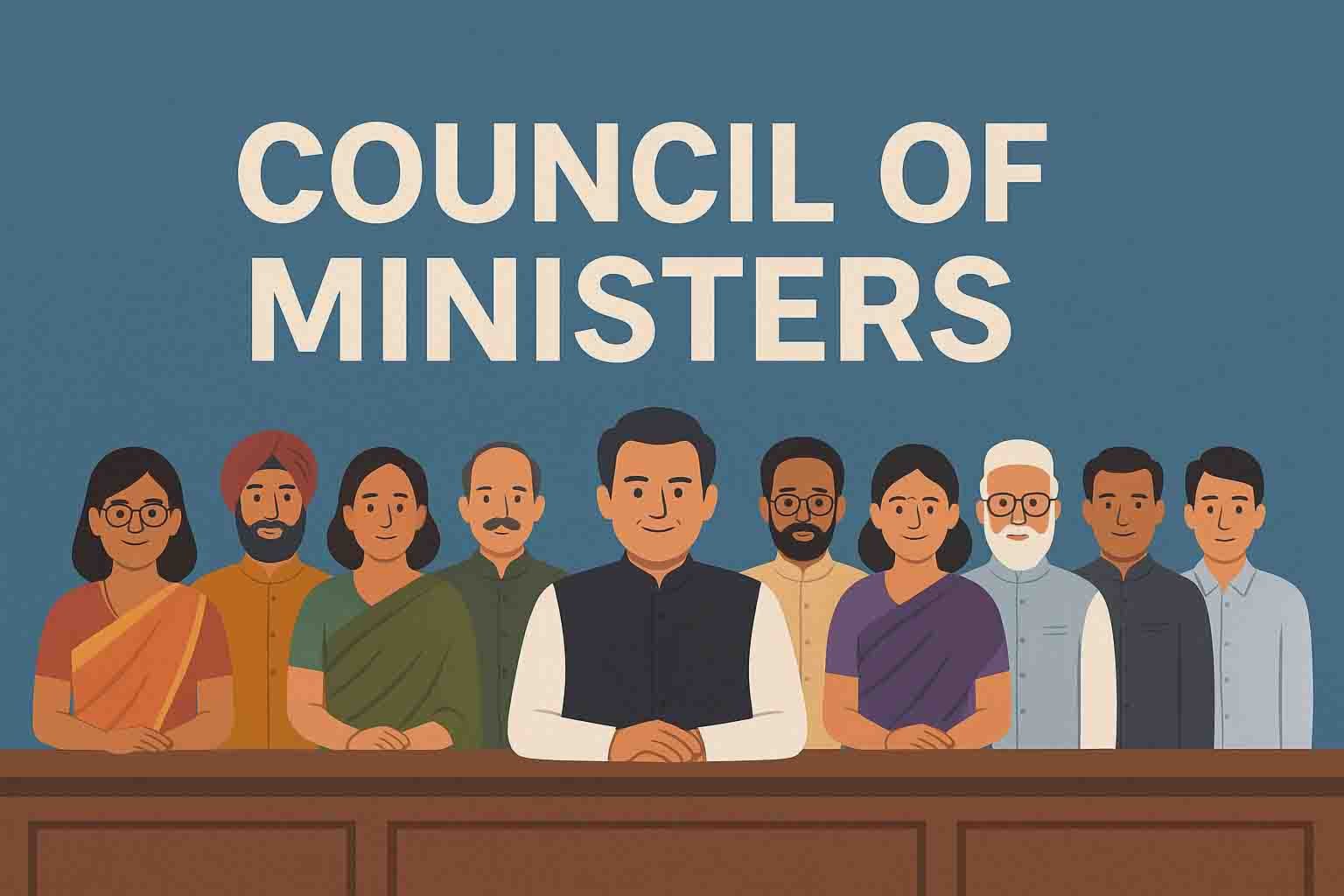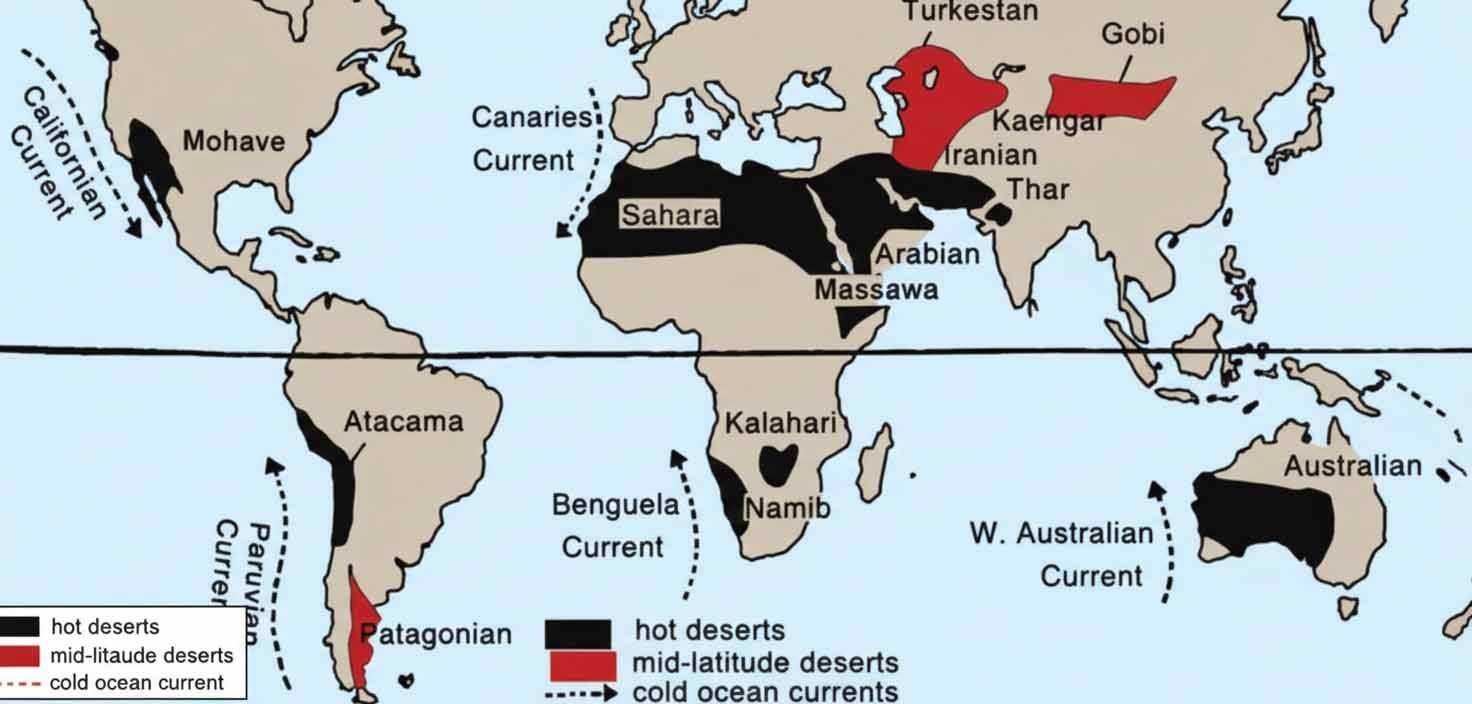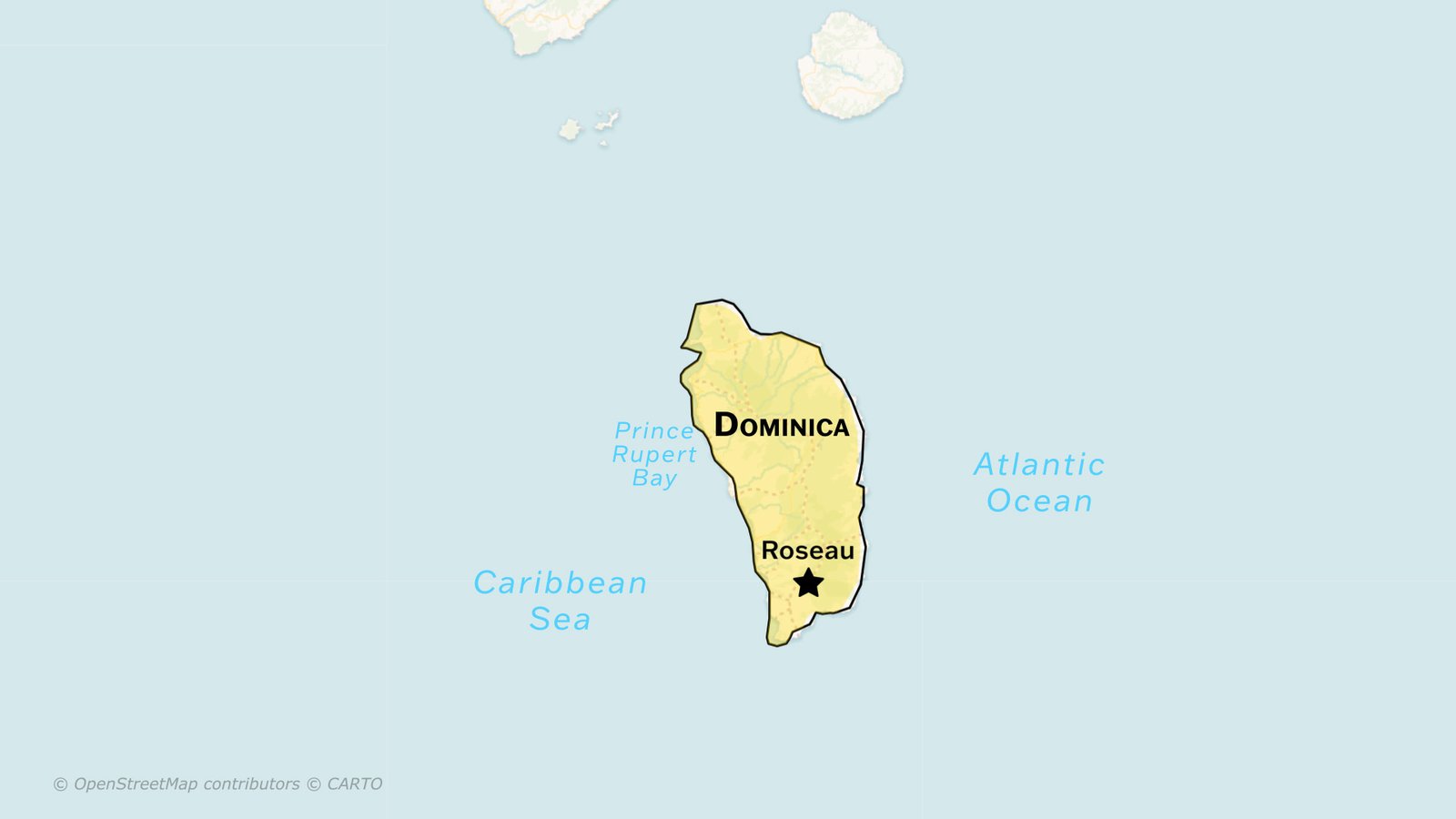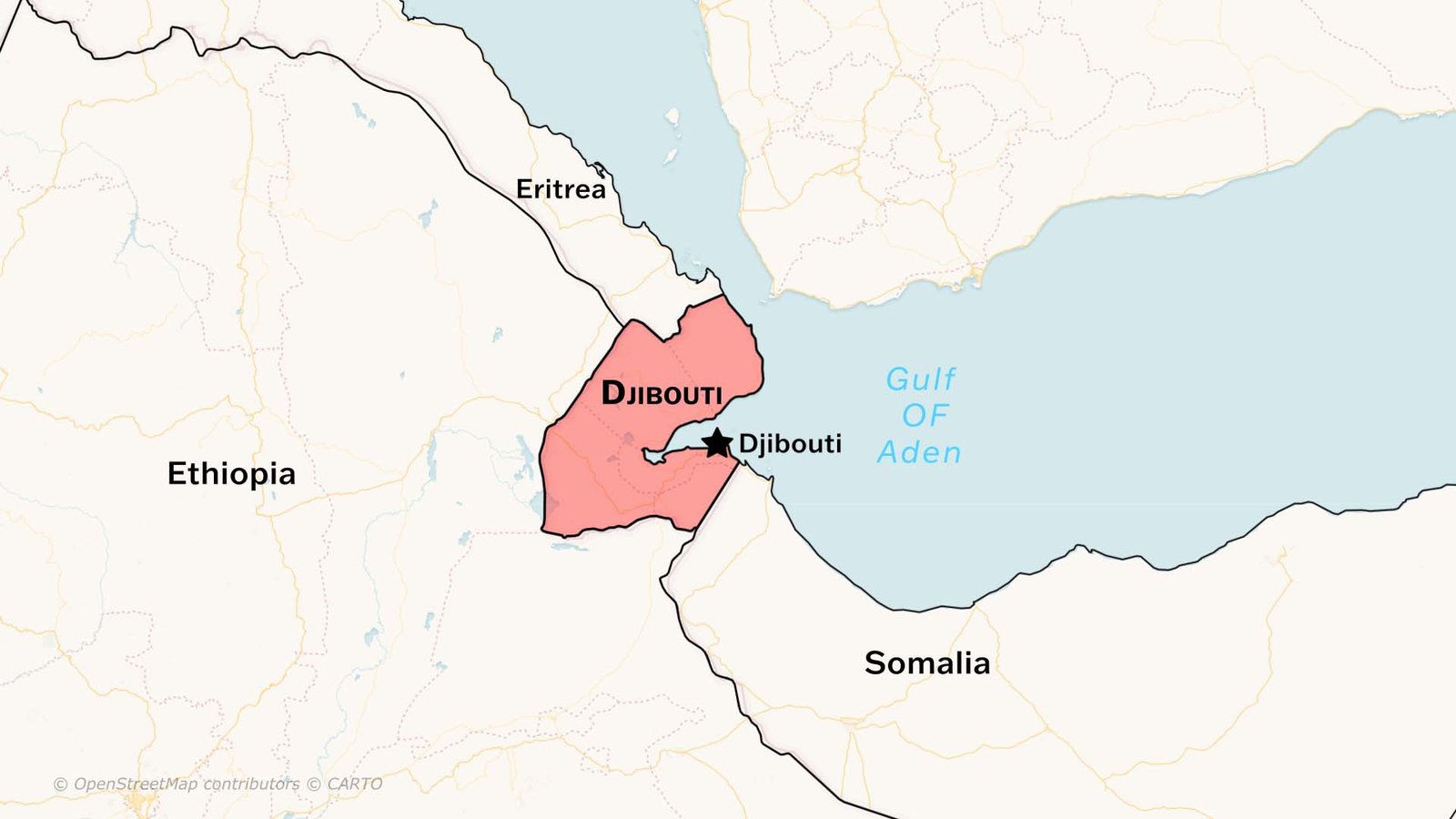Introduction: The Council of Ministers
The Council of Ministers is an important part of the legislative mechanism of India’s parliamentary governance modelled on the British Parliament. Here, the council of ministers, led by the prime minister, holds the actual executive power within the politico-administrative framework.
Although the Constitution does not elaborate extensively on the principles of the parliamentary system, Articles 74 and 75 address them in a general and broad manner. Article 74 outlines the status of the council of ministers, while Article 75 covers aspects such as the appointment, tenure, responsibilities, qualifications, oath, and the salaries and allowances of the ministers.
Various Articles Related to the council of Ministers and their powers
Article 74
of the Indian constitution states provisions wrt to the Council of Ministers of the central government, which states that:
- There shall be a Council of Ministers with the Prime Minister at the head to aid and advise the President in the exercise of his functions.
- The President shall act in accordance with the advice tendered by the Council of Ministers except in cases where the Constitution requires him to act in his discretion.
Whereas Article 75 of the constitution elaborates the role of ministers with respect to the council of ministers further and states that the:
- The Prime Minister shall be appointed by the President and the other Ministers shall be appointed by the President on the advice of the Prime Minister.
- The total number of Ministers, including the Prime Minister, in the Council of Ministers shall not exceed fifteen per cent of the total number of members of the House of the People (Lok Sabha).
- A Minister shall hold office during the pleasure of the President.
- The Council of Ministers shall be collectively responsible to the House of the People.
- Before entering upon his office, a Minister shall take the oath of office and secrecy in the form prescribed by the President. (451)
- A Minister shall not be entitled to any salary or allowances unless he is a member of either House of Parliament.
Article 75 – Other Provisions Related to Ministers
- Appointment: The Prime Minister is appointed by the President, while other ministers are appointed on the Prime Minister’s advice.
- Council Size: The total number of ministers, including the Prime Minister, cannot exceed 15% of Lok Sabha’s total strength (added by the 91st Amendment Act, 2003).
- Disqualification: Members disqualified due to defection are also ineligible to become ministers (added by the 91st Amendment Act, 2003).
- Tenure: Ministers hold office at the President’s pleasure.
- Responsibility: The council of ministers is collectively responsible to the Lok Sabha.
- Oaths: Ministers take oaths of office and secrecy administered by the President.
- Membership: A minister not part of Parliament for six consecutive months ceases to hold office.
- Salaries: Parliament determines ministers’ salaries and allowances.
Article 77 – Conduct of Business of the Government of India:
- Executive Actions: All executive actions of the Government of India are taken in the name of the President.
- Authentication: Orders and instruments made in the President’s name must be authenticated as per rules specified by the President, and their validity cannot be questioned on the grounds of improper execution.
- Rules and Allocation: The President makes rules for the efficient transaction of government business and allocates responsibilities among Ministers.
Article 78 – Duties of the Prime Minister:
- Communication: The Prime Minister must inform the President of all Council of Ministers’ decisions related to Union administration and legislative proposals.
- Information: The Prime Minister must provide any information requested by the President regarding Union administration and legislation.
- Council Review: If required by the President, the Prime Minister must present any minister’s decision, not reviewed by the Council of Ministers, for their consideration.
Article 88 – Rights of Ministers in Parliament
- Ministers can speak and participate in proceedings of either House, joint sittings, and Parliamentary Committees where they are members, but they cannot vote.
Nature of Advice by Ministers (Article 74):
- Council of Ministers: Article 74 mandates a council of ministers, led by the Prime Minister, to aid and advise the President.
- Binding Advice: The 42nd and 44th Amendments make this advice binding on the President.
- Confidentiality: Courts cannot inquire into the nature of advice given to the President, ensuring a confidential relationship between the President and ministers.
- Supreme Court Rulings:
- In 1971, the court held that the council of ministers continues even after Lok Sabha dissolution, and the President cannot act without their advice.
- In 1974, the court clarified that the President’s satisfaction refers to the satisfaction of the council of ministers, not personal discretion.
Appointment of ministers
- The Prime Minister is appointed by the President, while other ministers are appointed on the Prime Minister’s advice.
- Only those recommended by the Prime Minister can be appointed as ministers.
- Typically, members of Parliament are appointed, but a non-member can also be appointed, provided they become a member of either House within six months, or they lose their ministerial position.
- A minister, though a member of one House, can speak and participate in the proceedings of the other House but can only vote in the House they are a member of.
Oath and Salary of Ministers
Before assuming office, ministers take two oaths administered by the President:
- Oath of Office: Ministers swear to uphold the Constitution, maintain India’s sovereignty and integrity, perform their duties faithfully, and act impartially without bias.
- Oath of Secrecy: Ministers pledge not to disclose any confidential matters they encounter, except when necessary for their duties.
In 1990, the Supreme Court upheld the constitutionality of the Deputy Prime Minister’s oath, stating that the title does not grant additional powers, and such titles do not invalidate the oath as long as the substantive part is correct.
Salary of Ministers
Ministers’ salaries and allowances are set by Parliament.
They receive a salary equal to that of a Member of Parliament, along with additional allowances such as a sumptuary allowance, accommodation, travel expenses, and medical benefits.
The sumptuary allowance for ministers was revised in 2001, with the Prime Minister receiving ₹3,000 per month and other ministers receiving varying amounts based on rank.
Responsibility of Ministers
Collective Responsibility
- The principle of collective responsibility, as stated in Article 75, means that all ministers are jointly accountable to the Lok Sabha for their actions.
- If the Lok Sabha passes a no-confidence motion, all ministers, including those from the Rajya Sabha, must resign.
- Alternatively, the council of ministers can advise the President to dissolve the Lok Sabha if it no longer reflects the electorate’s views, though the President is not obliged to act.
- Cabinet decisions are binding on all ministers, even if they disagreed during discussions, and any minister unwilling to defend a decision must resign.
- Historical resignations, such as those by Dr. B.R. Ambedkar and C.D. Deshmukh, highlights this principle.
- Individual Responsibility:
- Article 75 also emphasizes individual responsibility, meaning ministers hold office at the President’s pleasure, but they can only be removed on the Prime Minister’s advice.
- If a minister’s performance is unsatisfactory or there is a difference of opinion, the Prime Minister can ask them to resign or advise their dismissal.
- Dr. B.R. Ambedkar highlighted that collective responsibility is ensured through the Prime Minister’s authority.
No Legal Responsibility:
- In contrast to the British system, where ministers are legally responsible for violating laws, India does not have a legal responsibility system for ministers.
- Orders by the President do not require countersigning by a minister, and courts cannot question the advice given by ministers to the President.
Composition of the Council of Ministers
The council of ministers consists of three categories:
- Cabinet Ministers: These ministers head key ministries (e.g., home, defence, finance, external affairs), attend cabinet meetings, and play a crucial role in policy decisions. They are the highest-ranking ministers.
- Ministers of State: They can have independent charge of ministries or be attached to cabinet ministers. When attached, they manage specific departments or tasks under the guidance of cabinet ministers. They do not attend cabinet meetings unless invited.
- Deputy Ministers: These ministers assist cabinet ministers or ministers of state in administrative, political, and parliamentary duties but do not have independent charge or attend cabinet meetings.
Additionally, Parliamentary Secretaries assist senior ministers with parliamentary duties but do not control any department. They have not been appointed since 1967, except during Rajiv Gandhi’s tenure.
In some cases, a Deputy Prime Minister may be appointed for political reasons.
Council v/s Cabinet
The terms ‘council of ministers’ and ‘cabinet’ are often used interchangeably, but they differ in terms of composition, functions, and role. The council of ministers includes all categories of ministers, while the cabinet is a smaller, more specific group within it, responsible for key decision-making.
Council of Ministers vs Cabinet:
- Size:
- Council of Ministers: 60-70 ministers.
- Cabinet: 15-20 ministers.
- Composition:
- Council of Ministers: Includes cabinet ministers, ministers of state, and deputy ministers.
- Cabinet: Includes only cabinet ministers.
- Meetings and Functions:
- Council of Ministers: Does not meet as a body to transact government business and has no collective functions.
- Cabinet: Meets frequently, usually weekly, with collective functions and decision-making authority.
- Powers:
- Council of Ministers: Vested with powers in theory.
- Cabinet: Exercises the powers of the council and acts on its behalf.
- Function Determination:
- Council of Ministers: Its functions are determined by the Cabinet.
- Cabinet: Takes policy decisions binding on all ministers.
- Implementation:
- Council of Ministers: Implements decisions made by the Cabinet.
- Cabinet: Supervises the implementation of its decisions by the council.
- Constitutional Status:
- Council of Ministers: A constitutional body under Articles 74 and 75, with size and classification determined by the Prime Minister.
- Cabinet: Inserted into Article 352 by the 44th Amendment in 1978, and its role is based on parliamentary conventions from Britain.
- Responsibility:
- Council of Ministers: Collectively responsible to the Lok Sabha.
- Cabinet: Enforces the collective responsibility of the council to the Lok Sabha.
The Role of the Cabinet
The Cabinet is the highest decision-making and executive authority in the political-administrative system. Its key roles include:
- Formulating policies for the Central government.
- Acting as the supreme executive authority.
- Coordinating Central administration.
- Advising the President, with binding advice.
- Managing crises and emergency situations.
- Handling major legislative and financial matters.
- Controlling higher appointments, such as constitutional authorities and senior administrators.
- Managing foreign policies and affairs.
Kitchen Cabinet
The Cabinet is the highest formal decision-making body, consisting of the Prime Minister and 15-20 key ministers. However, a smaller, informal group known as the Inner Cabinet or Kitchen Cabinet has become the real centre of power.
This group, composed of the Prime Minister and 2-4 trusted colleagues, advises the Prime Minister on critical political and administrative matters, often including outsiders like friends or family.
Merits of the Inner Cabinet:
- It is a smaller, more efficient decision-making unit.
- It can meet more frequently and handle business quickly.
- It allows the Prime Minister to maintain secrecy on important decisions.
Demerits:
- It undermines the authority of the Cabinet as the highest decision-making body.
- It circumvents legal processes by involving non-official members in government decisions.
This “Kitchen Cabinet” concept is not unique to India and also exists in countries like the USA and Britain, where it holds significant influence over government decisions.
Critical Evaluation of the Cabinet by Political Scholars
Various political scientists and constitutional experts have described the Cabinet’s role in both Britain and India with powerful metaphors:
- Ramsay Muir: “The Cabinet is the steering wheel of the ship of the state.”
- Lowell: “The Cabinet is the keystone of the political arch.”
- Sir John Marriott: “The Cabinet is the pivot around which the whole political machinery revolves.”
- Gladstone: “The Cabinet is the solar orb around which other bodies revolve.”
- Barker: “The Cabinet is the magnet of policy.”
- Bagehot: “The Cabinet is the hyphen that joins, the buckle that binds the executive and legislative departments together.”
- Sir Ivor Jennings: “The Cabinet is the core of the British Constitutional System.”
- L.S. Amery: “The Cabinet is the central directing instrument of the Government.”
Ramsay Muir described the Cabinet’s power as a “dictatorship” when it commands a majority, emphasising its omnipotence in theory, though its power is qualified by publicity. This description is applicable to the Indian context as well.







